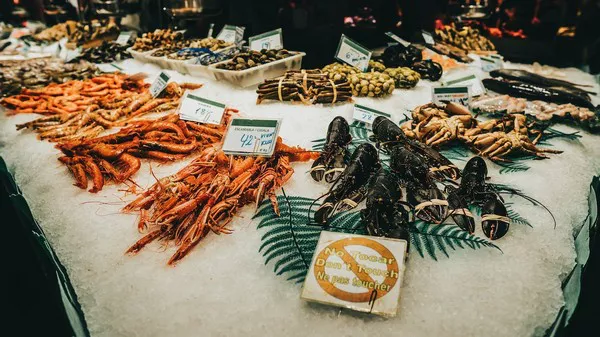The U.S. Ambassador to Japan, Rahm Emanuel, embarked on a visit to the Fukushima region, emphasizing his anticipation that the United States would stand by Japan should China’s ban on Japanese seafood escalate into a dispute at the World Trade Organization (WTO).
Japan initiated the controlled release of treated radioactive water from the damaged Fukushima nuclear power plant into the Pacific Ocean last Thursday. In response, China, Japan’s largest trading partner, imposed a ban on Japanese aquatic products.
Japanese authorities have hinted at the possibility of pursuing diplomatic avenues to urge China to rescind its ban, which Japan asserts lacks scientific substantiation. Such steps may include filing a complaint with the World Trade Organization (WTO).
Ambassador Emanuel affirmed the United States’ readiness to support Japan in this endeavor, citing the legitimacy of the case. He emphasized that this support stemmed not only from their status as allies but also from the credibility of Japan’s stance. However, he clarified that he could not preemptively determine the outcome, as it would ultimately fall within the purview of relevant U.S. government agencies.
In 2022, Japan exported approximately $600 million worth of aquatic products to China, making it the primary market for Japanese seafood exports. Following the release of Fukushima water, Hong Kong, another significant market, announced its own ban on seafood imports from ten Japanese regions.
Japan has urged the immediate removal of China’s ban and has voiced concerns about receiving harassment phone calls since the water discharge.
Ambassador Emanuel remarked on the economic pressures faced by Japan, characterizing them as a form of coercion reminiscent of tactics employed by China. He noted that these actions were largely political in nature.
Prime Minister Fumio Kishida visited Tokyo’s largest fish market and pledged to formulate measures to assist the fishing industry by early next week. These measures will be funded using tens of billions of yen (equivalent to hundreds of millions of dollars) from budget reserves for the current fiscal year, as reported by the Nikkei newspaper.
Kishida revealed that industry requests encompass support for companies to explore new markets and engage in discussions with China.
To address the challenges faced by the fishing industry, the government has established two funds totaling 80 billion yen (approximately $548 million). These funds aim to facilitate the development of new markets and maintain excess fish in frozen storage until demand rebounds, among other initiatives.
During his visit to the city of Soma, near the damaged nuclear plant, Ambassador Emanuel partook in a lunch with Mayor Hidekiyo Tachiya, featuring locally caught seafood. He also engaged with local shoppers, purchasing seafood at a supermarket, and sampling Fukushima peaches.

